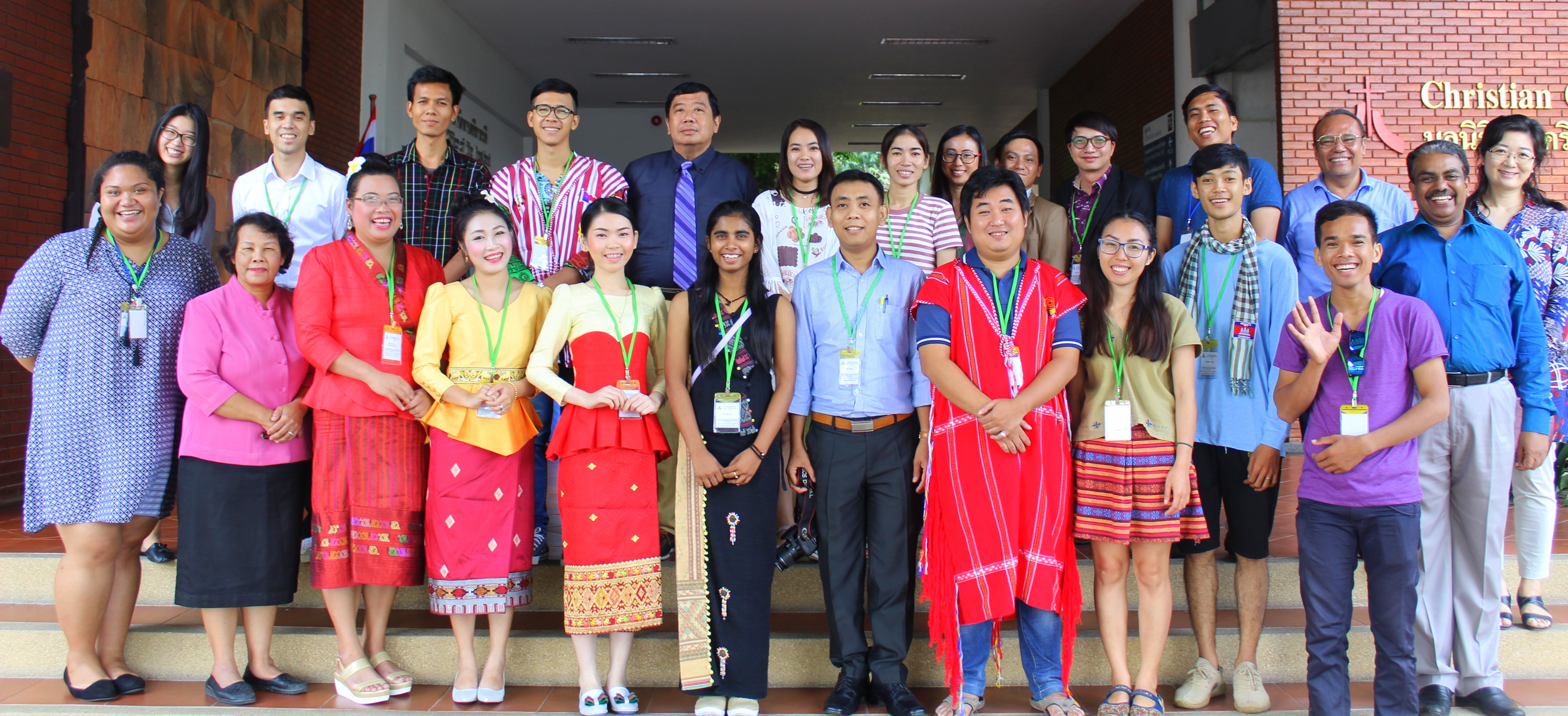Ecumenical youth leaders from the Greater Mekong Subregion narrate the plights of young people

“The youth in the Mekong Subregion often face the hardest hit by the consequences of the increased negative impacts of globalization of the region. The young generation in Mekong subregional countries – Vietnam, Lao, Cambodia, Myanmar and Thailand - today are faced with challenges of inadequate and unaffordable education, limited financial resources, poor health standards, lack of opportunities and upward mobility in employment, and increasing poverty. Due to this, many youth become victims human trafficking, and in various forms of human rights abuses. Many young people have been forced into economic migration, making them vulnerable to ethnic, religious, and racial intolerance, as well as inhumane treatment in their new surroundings”, described the participants of the ecumenical youth leadership training organized by the Christian Conference of Asia (CCA) .
Twenty one youth leaders representing various churches in the Greater Mekong Subregion of Southeast Asia attended an ecumenical leadership formation training organized by CCA from 22 to 25 August at the headquarters of CCA in the Payap University Campus, Chiang Mai, Thailand.
The four-day long training with focus on “Youth Shaping a New Ecumenical Paradigm in Asia” helped the participants to discuss and learn about ecumenism and the Asian ecumenical movement. The other issues covered in various sessions included issues pertinent to the Mekong Subregion, such as environmental justice, HIV/AIDS and Christian self-understanding in a multi-religious society. The participants presented on the main challenges of youth in their countries, and the efforts of their churches on battling these issues.
The participants committed themselves to helping the plight of youth in their churches and continuing to build upon the ecumenical movement in their countries and in their local contexts. Towards the end of the training program, the participants discussed within their country groups on how to move forward with bringing ecumenism into their contexts in order to develop Christian youth with a stronger vision of God’s mission and Christianity in the Mekong Subregion.
As youth are an integral part of the church and the ecumenical movement, CCA facilitated this training to encourage and train young Christians to witness God’s mission in Asia and build stronger communities of sustainable justice and peace.










